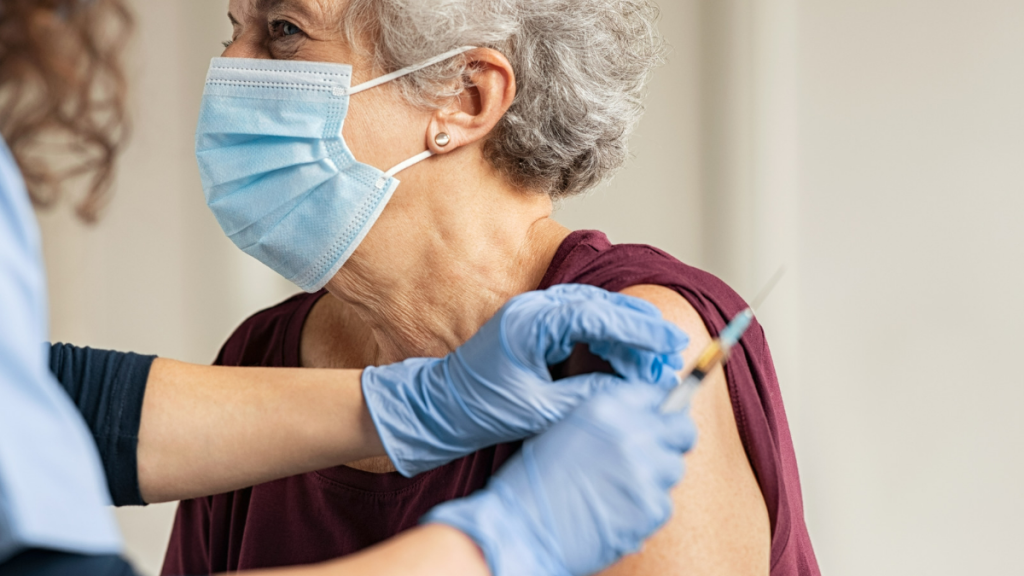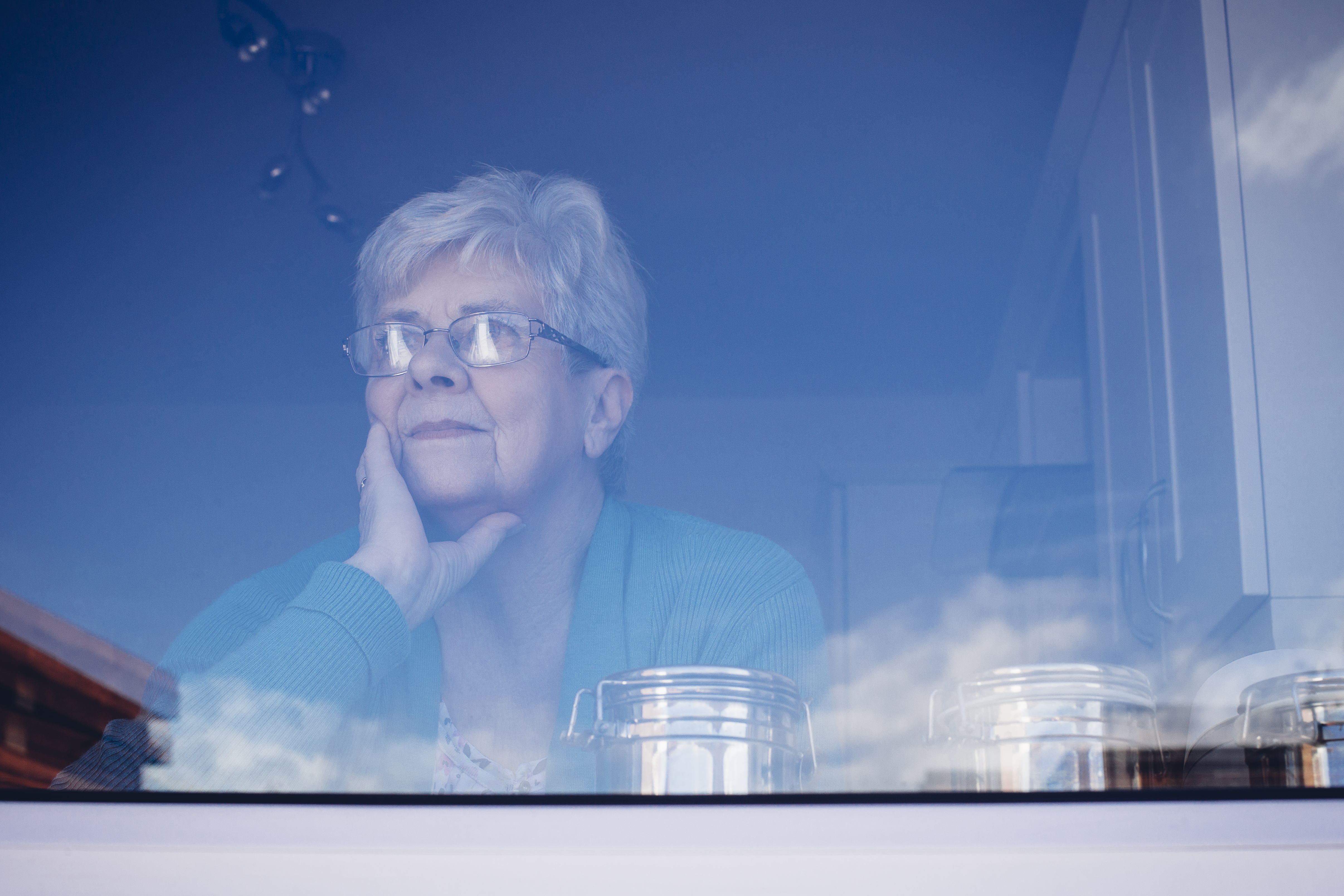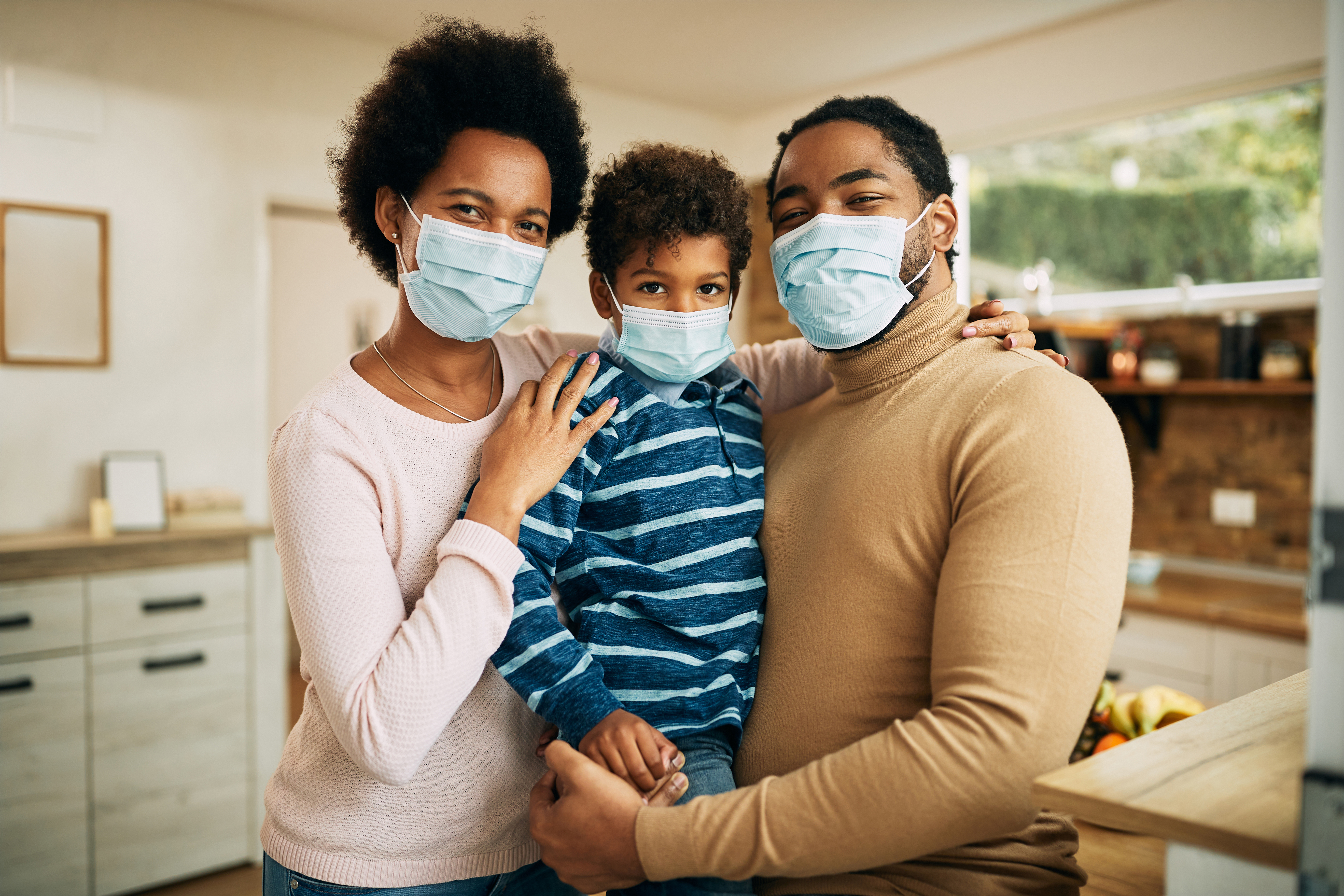Winter vaccines

Flu, Covid and pneumoccocal diseases can be serious challenges
for cancer patients, their families and their carers.
The advice remains unchanged: if you have cancer, you should get all vaccines and boosters
as soon as they are offered to you, unless your medical team in your hospital advises otherwise.
This includes the flu vaccine, the Covid vaccine and booster vaccines, and pneumococcal vaccines.
Latest flu information from the HSE
- For information on flu vaccines, click here.
Latest Covid-19 information from the HSE
For information on Covid-19 vaccines and boosters, click here
Latest pneumococcal information from the HSE
Pneumococcal vaccines protect against pneumonia, septicaemia blood poisoning and meningitis.
- For information on pneumococcal vaccines, click here.
If you have a weak immune system
If you have a weak immune system due to your cancer or cancer treatment, it is strongly recommended that you get booster Covid vaccines. You may have a weak immune system even if your cancer treatment has finished, either recently or in the past.
Talk to your cancer care team or GP to find out when you should book your booster vaccine.
Some illnesses, including some types of cancer (such as some blood cancers) and some types of cancer treatment (including treatments that affect the immune system), make vaccines less effective in people of any age. These people are “immunocompromised”, and may need booster vaccines.
Every patient is different: your cancer team or GP will give the best advice for you.

If you live with or visit a patient with cancer
If you live with or visit someone going through cancer treatment, or someone who has a weak immune system, you should be up-to-date on all of your vaccines and boosters – children, too, and babies from 6 months old.
The patient’s medical team can advise when during treatment may be a safer time to visit.

For more information on other vaccines during your treatment, visit our page
For more information
Phone
1800 200 700
